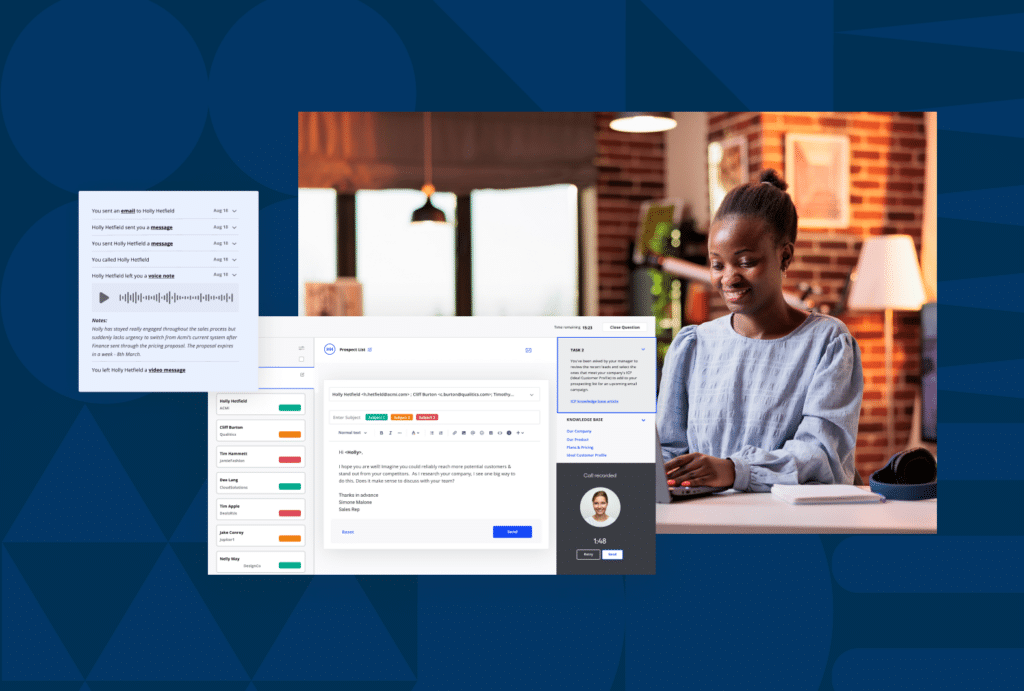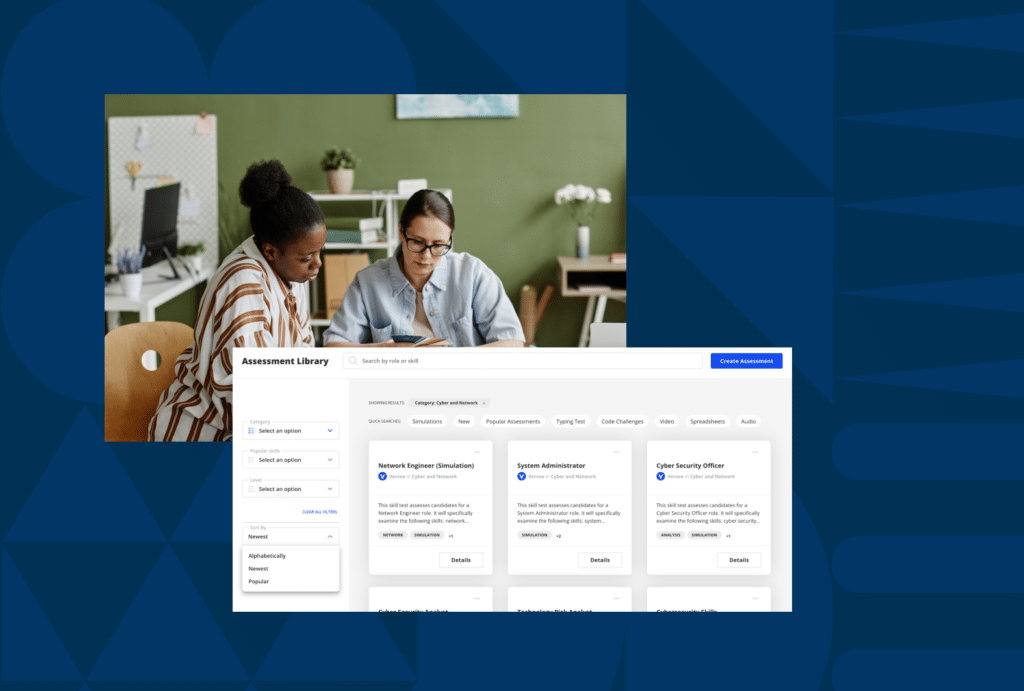In a recent Harvard Business Review article, How to Take the Bias Out of Interviews, behavioral economist and professor Iris Bohnet discusses ways in which hiring managers are unwittingly reinforcing personal biases in the recruitment process. Bohnet writes specifically about unstructured interviews, but her analysis applies more broadly to the traditional hiring process in use at many organizations.
Bohnet writes:
“Why do we stick with a method that so clearly does not work, when decision aids, including tests, structured interviews, and a combination of mechanical predictors, substantially reduce error in predicting employee performance?”
She goes on to outline some of the tactics recruiters can utilize to remove biases by standardizing questions, doing away with group interviews, and more. The overall goal is to get rid of the notion that we should hire “people like us” and instead, seek candidates who bring a baseline skillset and the potential to innovate and grow within the company.
While her tactics are useful, there’s an easier way to make hiring about merit. Here are some of the ways Vervoe is removing biases throughout the hiring process.
AI-Powered Ranking
Vervoe uses machine learning to screen candidates in, not out. Many HR teams receive hundreds of resumes for a single open position. It’s nearly impossible to give every candidate’s application careful consideration, which leads many recruiters to simply select the candidates whose backgrounds seem most familiar or similar to theirs.
Vervoe’s AI tool brings a greater level of efficiency to the process by using a unique, multi-layered approach to matching candidates with the preferences of the employer. The algorithm allows HR teams to evaluate 10,000 candidates in the same time it takes for an individual recruiter to assess one.
Don’t AI tools perpetuate discrimination? There are some notorious examples of companies having to scrap their AI recruiting tools because the tools replicate some of the biases intrinsic to human recruiting processes. The flaw in these tools isn’t the technology – it’s the data being used to feed the algorithms. Matching candidates based on the information on their resume doesn’t lead to any different result than if a human recruiter ranked candidates manually.
Vervoe’s AI tool is able to screen candidates based on what they can actually do, rather than what their resume says they can do. Merit-based automated ranking is the result of feeding data from Talent Trials (more on that in a minute) into a smart algorithm that doesn’t eliminate anyone. Instead, the AI ranks candidates for the interview stage, so recruiters receive a list of the top candidates after their qualifications have been validated.
Talent Trials and Skills Assessments
Where does the data used by AI come from? Vervoe uses Talent Trials to level the playing field when it comes to evaluating candidates. Talent Trials can replace resume screening, which is a bad predictor of success for a number of reasons.
Talent Trials are like online job auditions. Companies customize Talent Trials with questions and assessments that mimic the types of tasks required from the new hire. Candidates perform tasks that are relevant to the job they’ve applied for – and the algorithm analyzes the way they’ve performed with an automatic ranking. It’s an efficient way to let the candidate step into the role for a short while and see if they’re a good fit.
The best part? It can be done at scale for hundreds of applicants simultaneously and under the same conditions. This means every applicant has an equal chance to show their talent, regardless of what their resume says. Talent Trials can be built to include everything from code editing and software development to personality and cognitive ability using validated psychometric assessments. Vervoe’s library can give you everything you need to design a test that reflects the requirements of your role and your company’s culture.
Screen People In, Not Out
Bottom line: resumes and interviews are two of the main ways biases continue to proliferate the hiring process. Vervoe’s tools work: companies who switched to our AI tool and skills assessments saw a 62% increase in female candidates. The platform is 83% accurate in predicting top performers across all job types, no matter what your industry.
Candidates love it too. Australia Post took Vervoe for a test run in order to gain insight into the suitability and potential of candidates without taking into account their professional backgrounds. They asked 1,268 candidates to complete an online Talent Trial on Vervoe’s platform. 89% of candidates submitted their Talent Trial, with many candidates rating their experience 10 out of 10.
As Bohnet puts it, in conclusion,
“Work-sample tests, structured interviews, and comparative evaluation are the smart and the right things to do, allowing us to hire the best talent instead of those who look the part. Smarter design of our hiring practices and procedures may not free our minds from our shortcomings, but it can make our biases powerless, breaking the link between biased beliefs and discriminatory — and often simply just stupid — actions.”




















